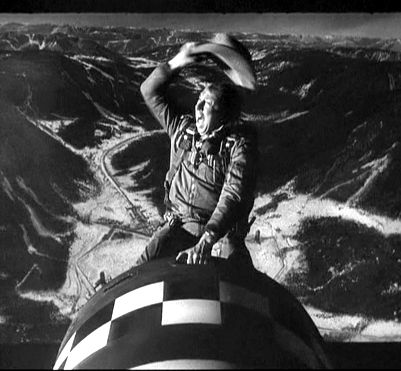Two major questions about a potential Hillary Clinton White House:
- Would she still be willing to do big and bold things as she tried to with heath-care reform during her husband’s administration, or has the price exacted from her during that time and from President Obama over the Affordable Care Act made her wary about attempting anything beyond incrementalism?
- Would she be a neocon’s dream on foreign policy?
There are other questions regarding the undue influence of corporations in our democratic process, but I think those have been unfortunately answered already with the Clintons knee-deep in that kind of money.
From a new Spiegel interview with Clinton conducted by Marc Hujer and Holger Stark, some spying-related word association:
“Spiegel:
Edward Snowden.
Hillary Clinton:
You know, I think he is a poor messenger for the message that he’s trying to take credit for. He came into the National Security Agency apparently with the purpose of trying to gather a lot of information, and most of what he gathered had nothing to do with surveillance in the United States, but obviously around the world. And I think he could have provoked the debate in our country without stealing and distributing material that was government property and was of some consequence. And then for him to go first to China and then to Russia raises a lot of questions, but he is going to have to make his own choices. If he returns to the United States, he will certainly stand trial, but he will have an opportunity to speak out and to make his case in both a legal way and a public fashion.
Spiegel:
We actually wanted to talk about your book and not about the NSA, but since it became known on Friday that a member of the German intelligence agency was arrested who had admitted that he acted as a spy for a US intelligence service, the issue of the NSA has gained a new dimension. Given the tense political climate, do you believe the CIA could seriously come up with idea of infiltrating German intelligence?
Hillary Clinton:
Well, I know that your government is conducting a criminal investigation, and we will learn more as the facts are developed. And I know nothing other than what I read. But clearly, we have to do a much better job in working together between Germany and the United States to sort out what the appropriate lines of cooperation are on intelligence and security. I think the cooperation is necessary for our security, but we don’t want to undermine it by raising doubts again and again. Clearly, the surveillance on Chancellor Merkel’s phone was absolutely wrong. The president said that. I think that he made it very clear it was unacceptable. Where are the lines on both sides? That’s what we have to work out.”


